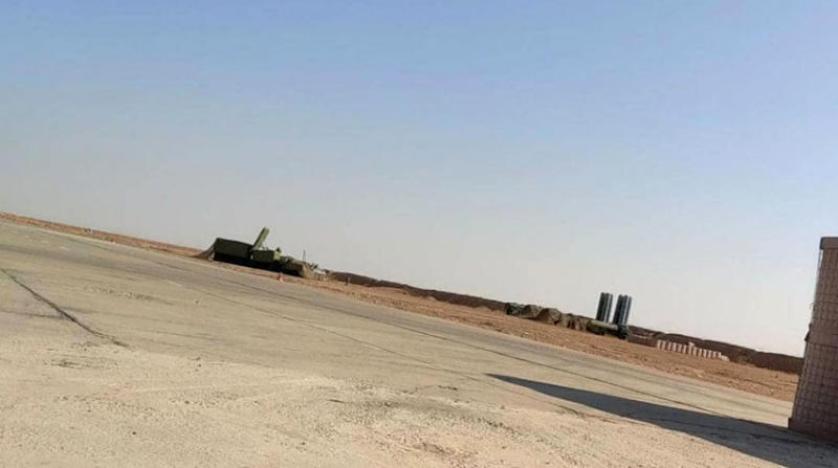Russia has deployed a long-range missile air-defense system (S-300) in al-Tabqah airbase in the northeastern Raqqa governorate of Syria, where U.S. forces were deployed after expelling ISIS, the Syrian Observatory for Human Rights reported.
By the end of 2018, Russia had deployed its S-300 missile system in Deir-ez-Zor, which is under the control of the regime in Syria. This took place at a time when the areas east of the Euphrates were in the hands of the U.S.-backed Syrian Democratic Forces.
However, spheres of military influence shifted after former U.S. President Donald Trump had allowed the Turkish army to jump in between Tal Abyad and Ras al-Ayn, opening doors to Russian, Turkish and Syrian forces to the east of the Euphrates River.
Also, this allowed for the spread of Iranian militias in the countryside of Deir-ez-Zor on the second bank of the river.
Read Also: Amid Security Alert High-Ranking Russian Leaders Arrive by Air in Raqqa
The Observatory said that the al-Tabqah base “is currently considered a military base and an important location for Russia in the countryside of Raqqa.”
According to the UK-based war monitor, the Russian army has deployed advanced S-300 and S-400 advanced missile systems in various areas in western Syria.
According to military experts, the S-300 system allows Russia to monitor military movements in northeastern Syria.
At the moment, northeast Syria is witnessing drone attacks by Turkey against Kurdish forces, Israeli bombing of Iranian militia sites, and Iranian militia attacks against U.S. military assets east of the Euphrates and at al-Tanf base.
The Syrian Observer has not verified the content of this story. Responsibility for the information and views set out in this article lies entirely with the author.


